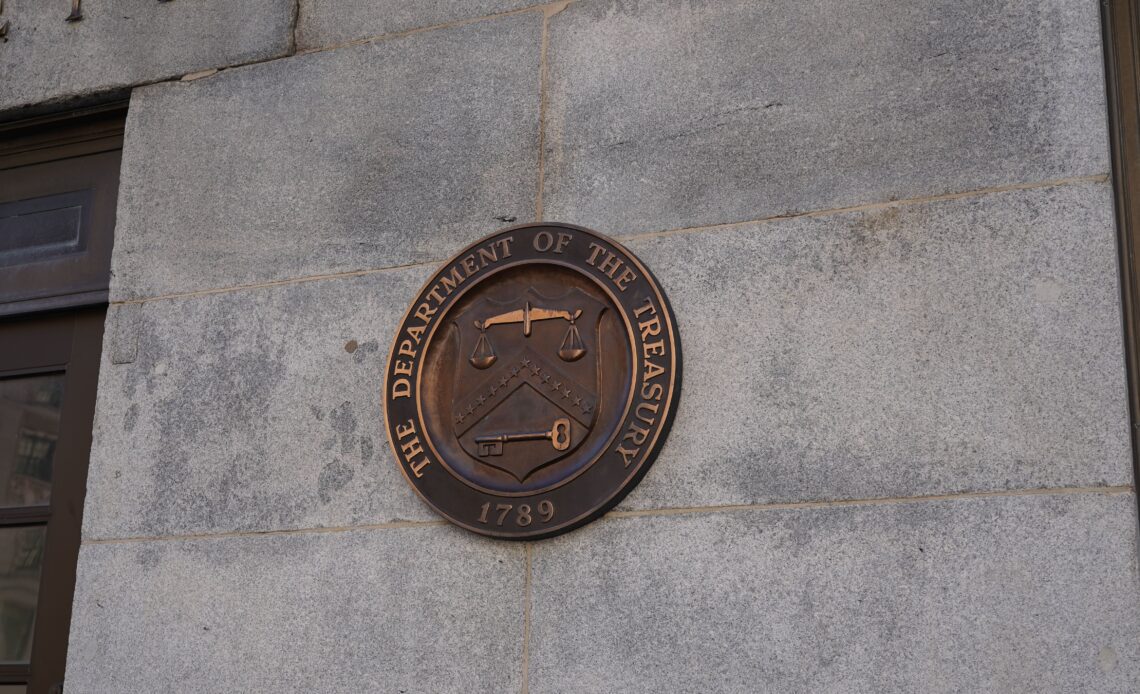In October, the Financial Crimes Enforcement Network proposed a new regulatory regime for crypto mixing services that would treat the entire class of privacy tools as money laundering threats and force new recordkeeping rules on U.S. people or entities that use them. The industry had a chance to weigh in. Here’s the gist of their responses.
You’re reading State of Crypto, a CoinDesk newsletter looking at the intersection of cryptocurrency and government. Click here to sign up for future editions.
The narrative
In October, FinCEN published a notice of proposed rulemaking suggesting it might designate crypto mixers as primary money laundering concerns, and asking for public feedback through a comment period which closed last week.
Why it matters
Crypto mixers – privacy tools that let users obscure the origin or source of funds when transacting – have been controversial in U.S. national security circles due to concerns that malicious actors are using them to launder funds from hacks or to support terrorist organizations. The U.S. sanctions watchdog, OFAC, has added several mixers to a global blacklist in efforts to lock these entities out of the global financial system. Its sanctions against Tornado Cash in particular have drawn legal challenges.
Breaking it down
There were some 2,000 comments posted as of the time of writing this (of which I read or skimmed a couple dozen), with respondents raising concerns that the proposed rule would infringe on personal rights, capture more of the crypto ecosystem than FinCEN intends and drive legitimate crypto use offshore.
Respondents ranged from privacy-focused wallet providers to industry lobbyists to analytics firms to decentralized finance projects, among others.
Chainalysis, a crypto analytics firm, said the proposals “are too broad” to be effective, and “will result in inconsistent and excessive reporting on transactions,” most of which wouldn’t be tied to illicit activity.
For example, “everyday economic activity” like liquidity pools or swaps might be captured in the part of the proposal that addresses users exchanging different types of digital assets, a letter from the DeFi Education Fund said.
A few of the letters warned that FinCEN’s rule might move activity into other jurisdictions, which could backfire on the U.S. regulator.
Click Here to Read the Full Original Article at Cryptocurrencies Feed…
























